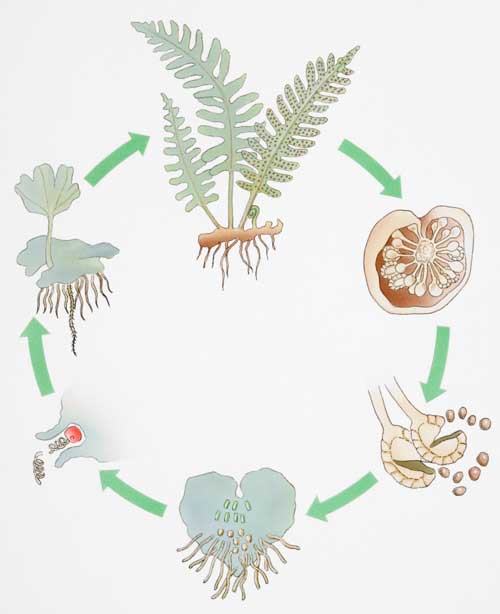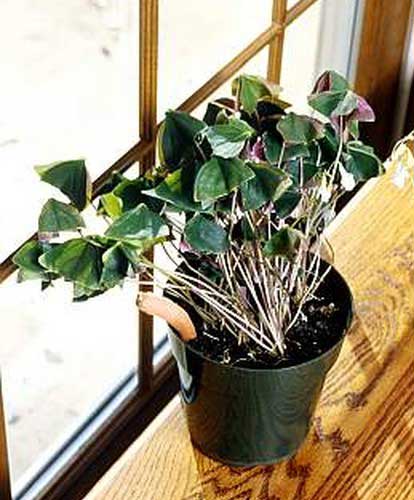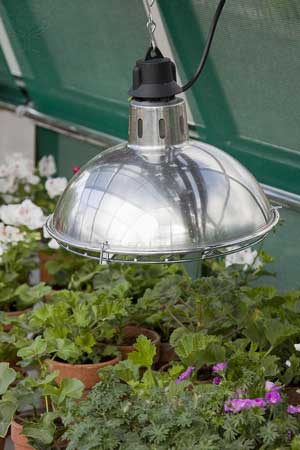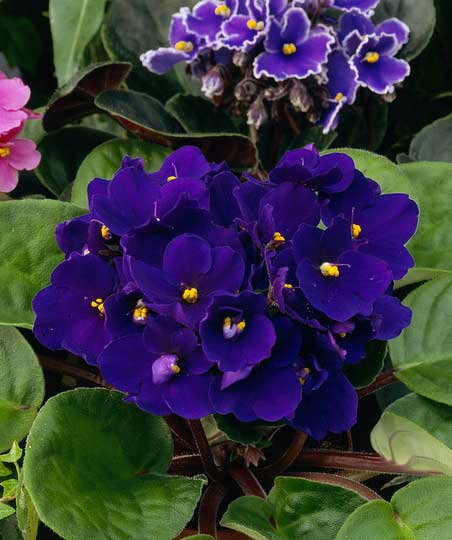
Letters and Leaves
Science Corner
Ferns are a category of vascular plants, but unlike most other vascular plants, they reproduce by spores, not seeds. Spores are released from the sporangium which are found on the underside of fern leaves. After it is released, the spore grows into a small gametophyte which has both male(sperm) and female(egg) components. Fertilized eggs form a zygote, which then develops into a much larger sporophyte (the fern's leaves). When mature, these sporophyte develop the clusters fo sporangium on the underside, thus ready to start the cycle all over again.

Seasonal Tips
Even indoor plants need some prep and care during the winter months. Here are some tips to keep them happy and healthy:

- Move plants away from window sills when the windows frost over.
- Make sure that your plants get enough light!
- Because of the dry heat from heaters, make sure that your plants get enough water, but be sure not to overwater!
- You can place plants that need humidity in the bathroom or near the dishwasher.
Letters
Low light
Dear S&A,
I was wondering if you had any tips for how to get my potted plants the adequate amount of sunlight they need. The sun doesn't come through my apartment windows for very long, and my plants are looking a little sickly. What do you recommend?
Josie Katz - New Orleans, LA

Hi Josie!
For the plants that need some help with light, you can shine a lamp or light fixture on them that uses a Plant light bulb (also sometimes known as Grow Light bulbs). These light bulbs emit a light spectrum that is similar to the spectrum that they would get from the sun.

Flowers
Dear S&A,
I am looking for a flowering indoor plant, and was wondering what your favorites were and why. Thanks for all the help!
Steve Sboj - Denver, CO
Hey Steve,
Here at the office we have a few flowering plants, and our favorite is the African violet. With good sun and adequate watering, it'll flower almost year round. Cape primrose (also known as Streptocarpus) is another flowering plant that will bloom year round given enough light and water, and it also comes in a wide variety of colors and hybrids.
Nibbles
Dear S&A,
Help! My milkweed plants on my balcony have holes in them! I don't know what to do!
Pan D. Monium - San Antonino, TX
Hello Pan,
I suggest that you take a close look at your plants and see if there are any caterpillars on them. Milkweed plants are the favorite plant for Monarch butterflies to lay eggs on. Once the eggs hatch, the caterpillars will eat the leaves. Depending on how many caterpillars are on each plant, the plant should be fine with a few leaves damaged.
